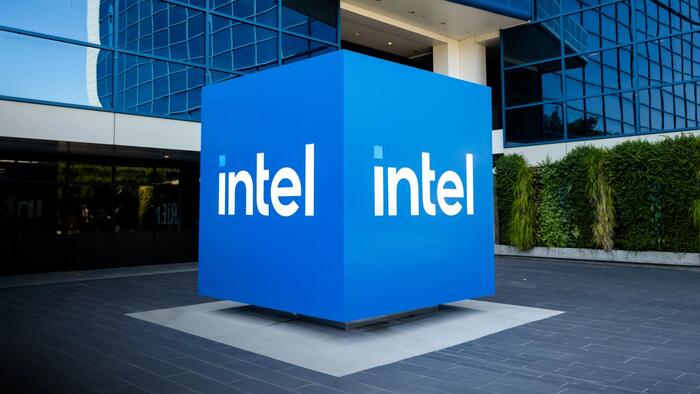


Authored by Terri Wu via The Epoch Times (emphasis ours),
The federal government’s move to take a 10 percent stake—and become the largest shareholder—in chip company Intel in August raised some eyebrows among investors and observers. California-based Intel, once the leading manufacturer of microchips, has for years struggled to keep up with its competitors in an industry critical to ensuring the United States’ continued technological and military dominance.
While the government’s ownership is passive, or nonvoting, it will still have some influence over the company.
Some have suggested that the deal amounts to government meddling in the private sector or even signals that the nation is moving away from a free market and toward state capitalism.
Trump administration officials have pushed back on characterizations likening the move to socialism, saying the agreement will boost U.S. leadership in semiconductors.
The deal forms part of a broader trend as Washington steps up its efforts to win the U.S.–China tech race, experts told The Epoch Times.
While they were split on how to characterize the trend—state capitalism or something else—the experts agreed it was a necessary move to compete against an economy directed by a regime that doesn’t play by established trade rules.
Washington cannot win the tech race by just controlling Beijing’s access to advanced U.S. technology, the experts said. It also needs to exert pressure on China’s economic model.
For years, the Chinese regime has been flooding the global market with inexpensive products by maintaining an excessive manufacturing capacity. That, in turn, makes money for tech development.
As China continues to rely on stolen technology and funding through exports, the United States has a short window of opportunity to gain a step ahead in the tech race, experts said.
Under the deal, the Department of Commerce converts the $11.1 billion grant it provided to Intel under the 2022 CHIPS and Science Act into nonvoting shares. Additionally, within five years, the U.S. government has the right to acquire another 5 percent share if the company decides to reduce its ownership stake in its chip manufacturing, or foundry, business to below 51 percent. That’s the “foundry clause.”
The federal government has taken ownership of private companies before. However, that was typically done during an emergency, such as the 2008 financial crisis or the COVID-19 pandemic.
Intel’s current woes are not due to broader market conditions but poor management decisions.
Intel missed out on the mobile chip market by banking on chips for personal computers, and it was late in the game for advanced artificial intelligence (AI) chips. As a result, the company announced in July that it would slash its workforce by 24,000, or 25 percent of its core employee base, by the end of this year and it recorded a $2 billion restructuring charge, leading to a $3 billion loss in the second quarter.
James Lewis, a former diplomat specializing in technology and a distinguished fellow at the Center for European Policy Analysis, calls Washington’s new approach “state capitalism.”
Intel doesn’t get new money, he told The Epoch Times, and taking a stake in Intel without a board seat doesn’t really help solve the company’s problems.
William Lee, chief economist at the Milken Institute, however, said he thinks it’s too early to conclude it’s state capitalism because Intel is a unique case, and the government’s ownership is passive.
Lee describes the approach as a “national defense strategy that includes economic assets.”
“China’s attack on the U.S. is most likely going to be cyber, software-related, and tech-related,” Lee, who also leads the consultancy Global Economic Advisors, told The Epoch Times. “That’s why we want to have our own tech industry. Because that’s where the battleground is going to be.”
Treasury Secretary Scott Bessent, in an Aug. 27 interview on Fox Business, said that the fact that the vast majority of the world’s advanced chips are manufactured in Taiwan posed a “national risk like we haven’t seen since the Arab oil embargo.” The 1973 crisis caused severe energy shortages in the United States and triggered a global recession.
From a national security perspective, Intel has unique value because it’s the only American shop with advanced chip design and manufacturing under one roof.
The chip supply chain consists of three main components: design, wafer production, and testing and packaging. Unlike Nvidia and AMD, which rely heavily on Taiwan for chip production, Intel owns all the steps and maintains facilities in the United States. It also has testing and assembly sites in China, Malaysia, and Vietnam.
Washington’s move is “preemptive” in using state capital to prevent the talent and technology of a high-tech company from being transferred to other countries, Ethan Tu, founder of Taipei-based Taiwan AI Labs and a veteran practitioner in the AI field, told The Epoch Times.
Read the rest here...
